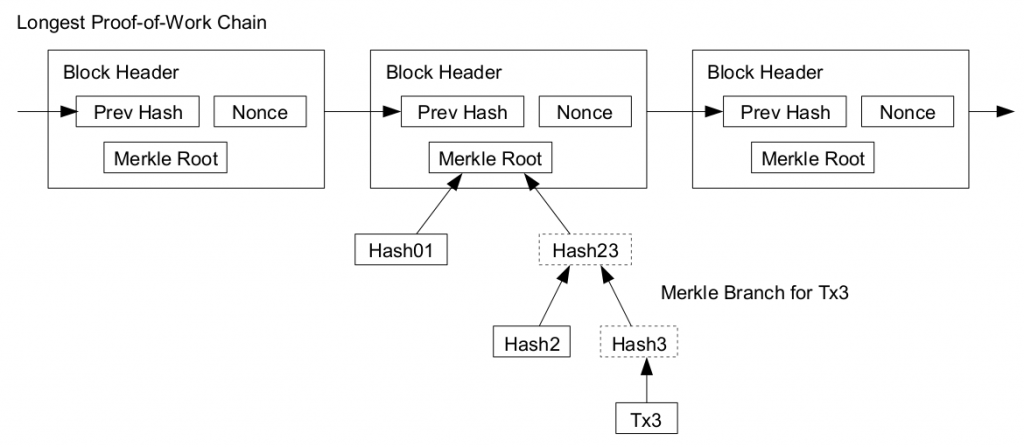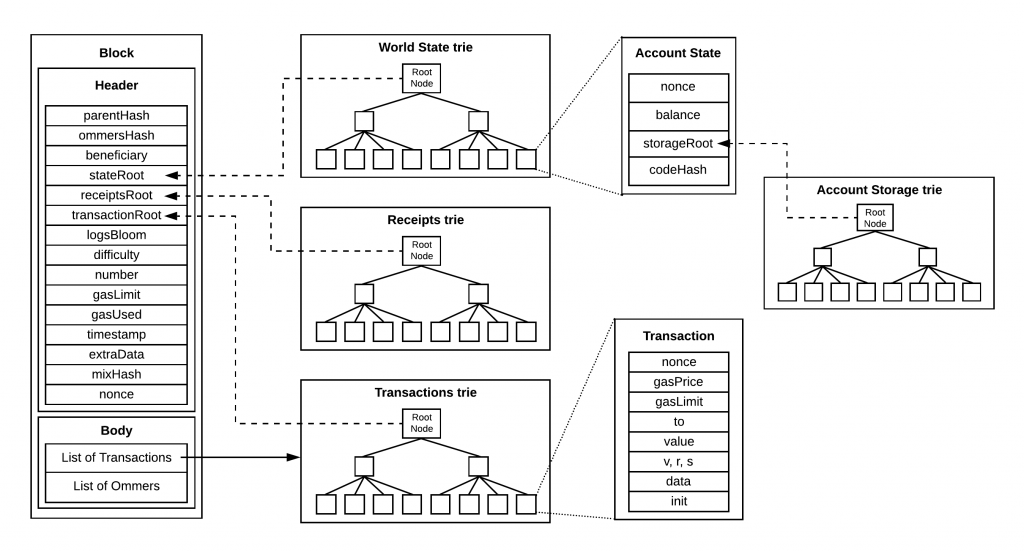
Flowstake – Sports Ledger
https://github.com/flowstake
- Public, Immutable, Activity Records
- Public Activity Data Hashed into IPFS protocol
FlowStake aims to revolutionize how physical activities are tracked and verified. By using a distributed ledger, we ensure that each activity is recorded securely and transparently. Our platform provides a social network-like experience where users can interact, compete, and attest to each other’s activities.
- Activity Tracking: GPS and heartbeat data tracking for running and cycling.
- Attestation: Peer-to-peer attestation and photo/video verification of activities.
- Social Interaction: Activity feed, friend interactions, and collective attestations.
- Blockchain Integration: Permanent records stored on Hedera Hashgraph and Ethereum smart contracts for self-sports betting.
- Account Management: Secure login and account management using web3auth.io.
- Progressive Web App: Live data capture and mobile compatibility for iOS and Android.
- Frontend: React Native with Expo SDK 46
- Backend: Firebase for data storage
- Blockchain: Hedera Hashgraph and Ethereum smart contracts
- Authentication: web3auth.io
- Hosting: IPFS (InterPlanetary File System)
- Miscellaneous: Computer vision for activity identification
Github – https://github.com/flowstake/
Expo app – https://github.com/flowstake/expo/
Blockchain SportsBook – https://flowstake.github.io/hashrun



Previous developments have been inspired by the CryptoRun Brussels event – for validation of Proof of Activity, release prize pools & crypto fundraising for a charity on the Ethereum blockchain with Strava GPS Oracles.
The architecture consists of 2 main parts:
- A smart contract running on the Ethereum Blockchain. A smart contract is a specific kind of application that benefits from Blockchain’s immutability, transparency and decentralization advantages. This is great for our specific use case, where we want to prove to donors that their funds will only be released if the goal is met (60KM are run). No need for lawyers to review this all, the smart contract is responsible for its own enforcement.
- An Oracle. To get information about the challenge status (ongoing, accomplished, failed…), the smart contract indeed needs a bridge between the Blockchain and the outside world. This is precisely the role of the Oracle. Here, it relies on information gotten from Strava, a popular running application, with a small scoring proxy atop the Strava API to ensure the data is directly consumable by the smart contract.
Current Cryptorun FlowStake – https://github.com/flowstake/cryptorun-back
